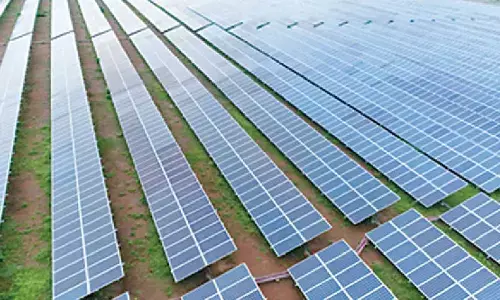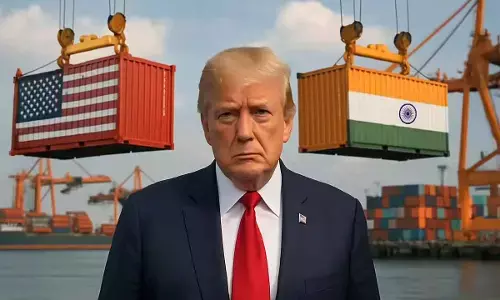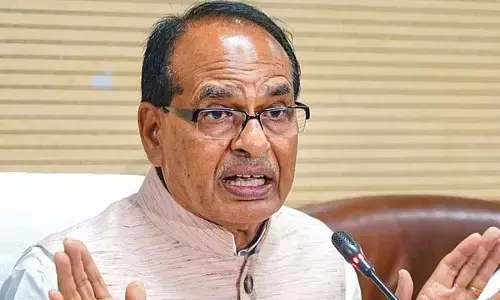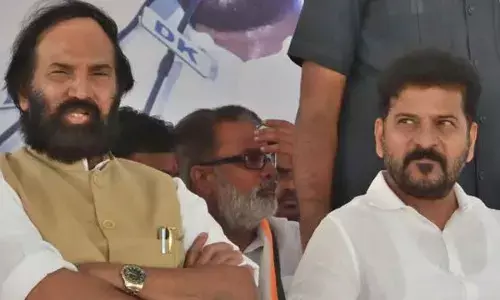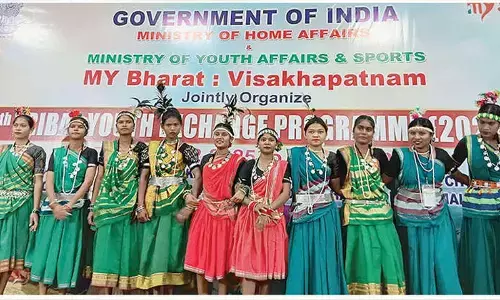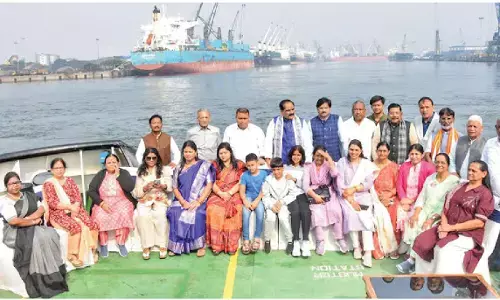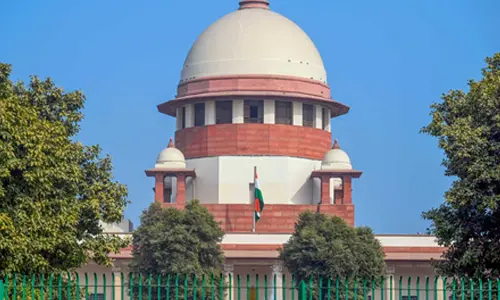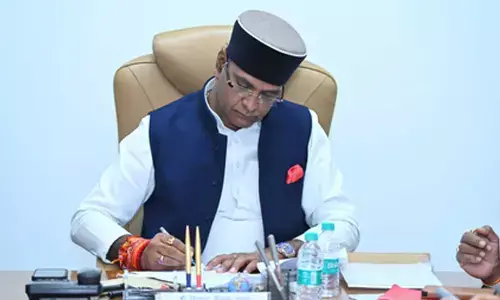Thailand says Asian trade deal RCEP is on track, even as India raises concerns
Share :
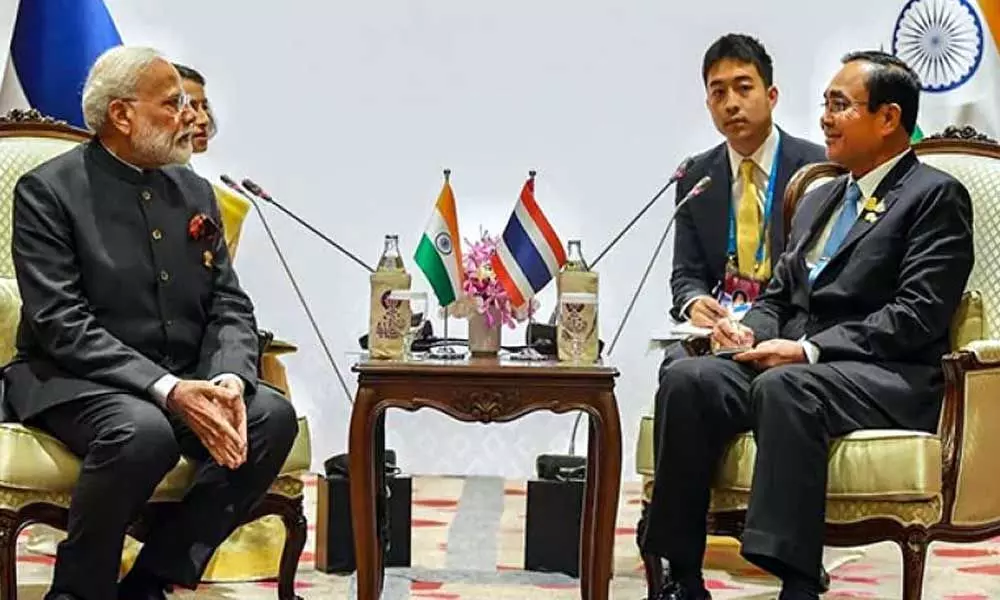
Thailand said on Monday that Asian countries had held conclusive talks on what could be the world's biggest trade pact and there would be an announcement of success at a summit in Bangkok despite doubts raised by India.
Bangkok: Thailand said on Monday that Asian countries had held conclusive talks on what could be the world's biggest trade pact and there would be an announcement of success at a summit in Bangkok despite doubts raised by India.
Spurred in part by the US-China trade war, Southeast Asian countries hoped to announce at least provisional agreement on the China-backed 16-nation Regional Comprehensive Economic Partnership (RCEP) on Monday.
But last minute demands raised by India meant negotiations among ministers went late into the night alongside a summit of the Association of Southeast Asian Nations (ASEAN) being held in Bangkok, Thailand.
"The negotiation last night was conclusive," Commerce Minister Jurin Laksanawisit told Reuters on Monday.
"There will be an announcement together on the success of the RCEP agreement by the leaders later today. India is part of this as well and will jointly make the announcement. The signing will be next year."
RCEP includes the 10-member grouping of Southeast Asian nations, as well as China, South Korea, Japan, India, Australia and New Zealand.
At a separate meeting, Thai Prime Minister Prayuth Chan-ocha said "We welcome the conclusion of the RCEP negotiation and (are) committed to sign the RCEP agreement in 2020."
Southeast Asia's biggest country, Indonesia, had appealed to India on Sunday to remain part of the agreement.
New impetus to complete the deal has come from the US-China trade war, which has helped knock regional economic growth to its lowest in five years.
But India has been worried about a potential flood of Chinese imports and officials with knowledge of the negotiations said India had raised last minute demands. Prime Minister Narendra Modi did not even mention RCEP in his public comments after meetings in Bangkok on Sunday.
Nearly Half The World
The bloc would account for a third of global gross domestic product and nearly half the world's population. Thai government spokeswoman Narumon Pinyosinwat told reporters on Sunday that a signing was still expected for February.
Some countries have raised the possibility of moving ahead without India.
But one advantage for Southeast Asian countries from having relative heavyweight India in the trade pact would be less domination by China.
China and India, who fought a border war in 1962, have clashed verbally in recent days over India's decision to revoke the special status of Jammu and Kashmir.
The US decision to send a lower level delegation to the summits this year has raised regional concerns that it can no longer be relied on as a counterweight to China's increasing regional might.
Because of the downgrade in the US delegation, only three of the 10 regional leaders would join the usual US-ASEAN meeting, a Thai government spokesperson said.
But US Commerce Secretary Wilbur Ross told a business meeting on the sidelines of the summit that the administration of US President Donald Trump was "extremely engaged and fully committed" to the region.







